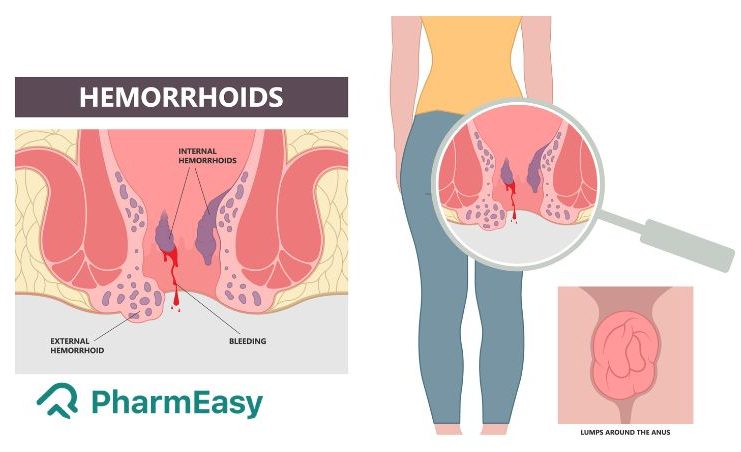Hemorrhoids, though a common affliction, can cause discomfort and disrupt daily life for many individuals. Whether you’re experiencing mild symptoms or more severe issues, seeking effective treatment is crucial to alleviate pain and improve quality of life. Understanding the various treatment options available can empower you to make informed decisions about managing this condition.
Table of Contents
ToggleWhat are Hemorrhoids?
Hemorrhoids, often referred to as piles, are swollen veins in the lower rectum or anus. They can be internal, located inside the rectum, or external, which develop under the skin around the anus. Symptoms can vary but commonly include itching, pain https://iowaheadlines.com, and sometimes bleeding during bowel movements. Factors contributing to hemorrhoids include straining during bowel movements, chronic constipation or diarrhea, pregnancy, and obesity.
Treatment Options
- Lifestyle Changes: Making adjustments to your daily habits can significantly reduce symptoms and prevent hemorrhoids from worsening. This includes consuming a high-fiber diet to soften stools, drinking plenty of water to stay hydrated, and avoiding prolonged sitting or straining during bowel movements.
- Topical Treatments: Over-the-counter creams, ointments, and suppositories can provide relief from itching and discomfort. These products often contain ingredients such as hydrocortisone or witch hazel, which help to reduce swelling and inflammation.
- Sitz Baths: Soaking in warm water several times a day can help alleviate symptoms by relaxing the anal muscles and increasing blood flow to the area. Adding Epsom salts or baking soda to the water may provide additional relief.
- Medications: In some cases, your healthcare provider may recommend prescription-strength treatments such as oral pain relievers or medications that reduce swelling and inflammation.
- Minimally Invasive Procedures: For persistent or severe hemorrhoids that do not respond to conservative treatments, medical procedures may be necessary. These can include rubber band ligation, where a small rubber band is placed around the base of the hemorrhoid to cut off its blood supply, causing it to shrink and fall off.
- Surgical Intervention: In rare instances where other treatments have failed or the hemorrhoids are particularly large or painful, surgical procedures such as hemorrhoidectomy (surgical removal of hemorrhoids) may be considered.
Consulting a Healthcare Provider
It is essential to consult with a healthcare provider if you experience persistent or severe hemorrhoid symptoms. They can provide an accurate diagnosis and recommend the most appropriate treatment plan based on your individual needs and medical history. Early intervention can prevent complications and promote faster recovery.
Conclusion
While hemorrhoids can be uncomfortable and disruptive, effective treatment options are available to alleviate symptoms and improve quality of life. By incorporating lifestyle changes, using over-the-counter treatments, or seeking medical intervention when necessary, you can find relief from hemorrhoid symptoms and prevent future occurrences. Remember, early diagnosis and proactive management are key to managing this common condition effectively.
For more information and personalized guidance on hemorrhoid treatment, consult with your healthcare provider or visit reputable medical websites for reliable resources and support. Taking proactive steps towards managing hemorrhoids can lead to a more comfortable and healthier lifestyle.




